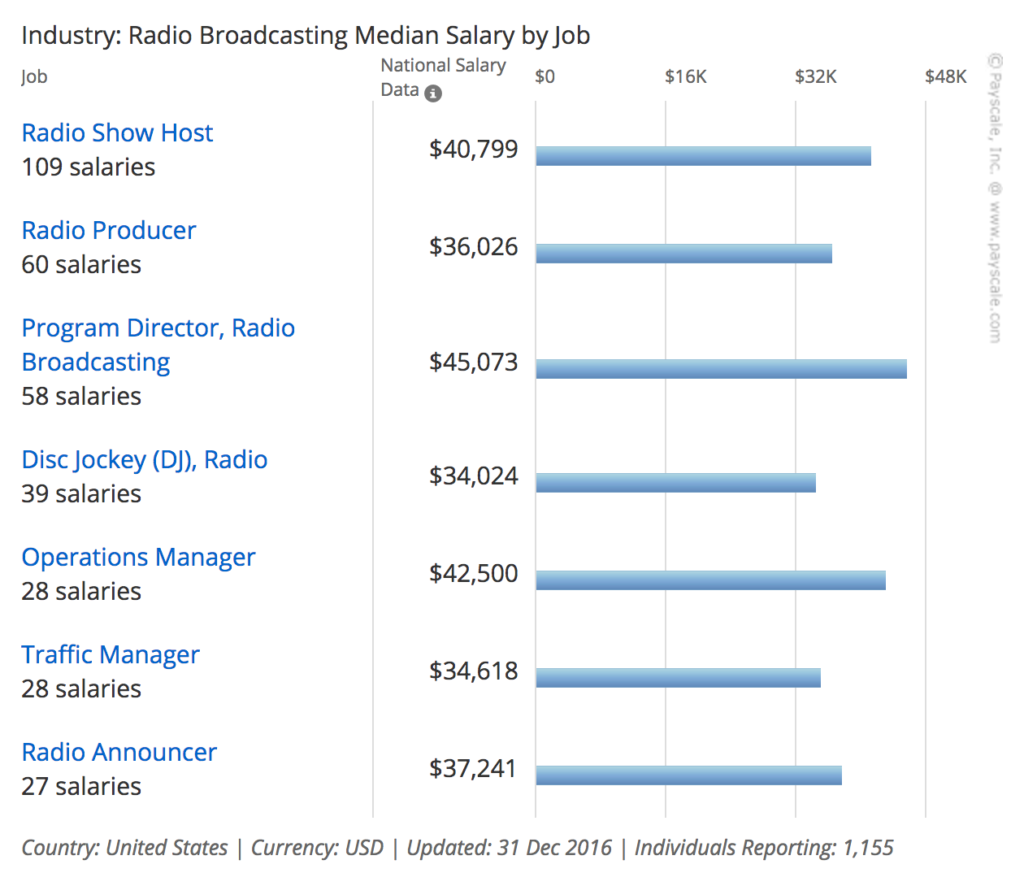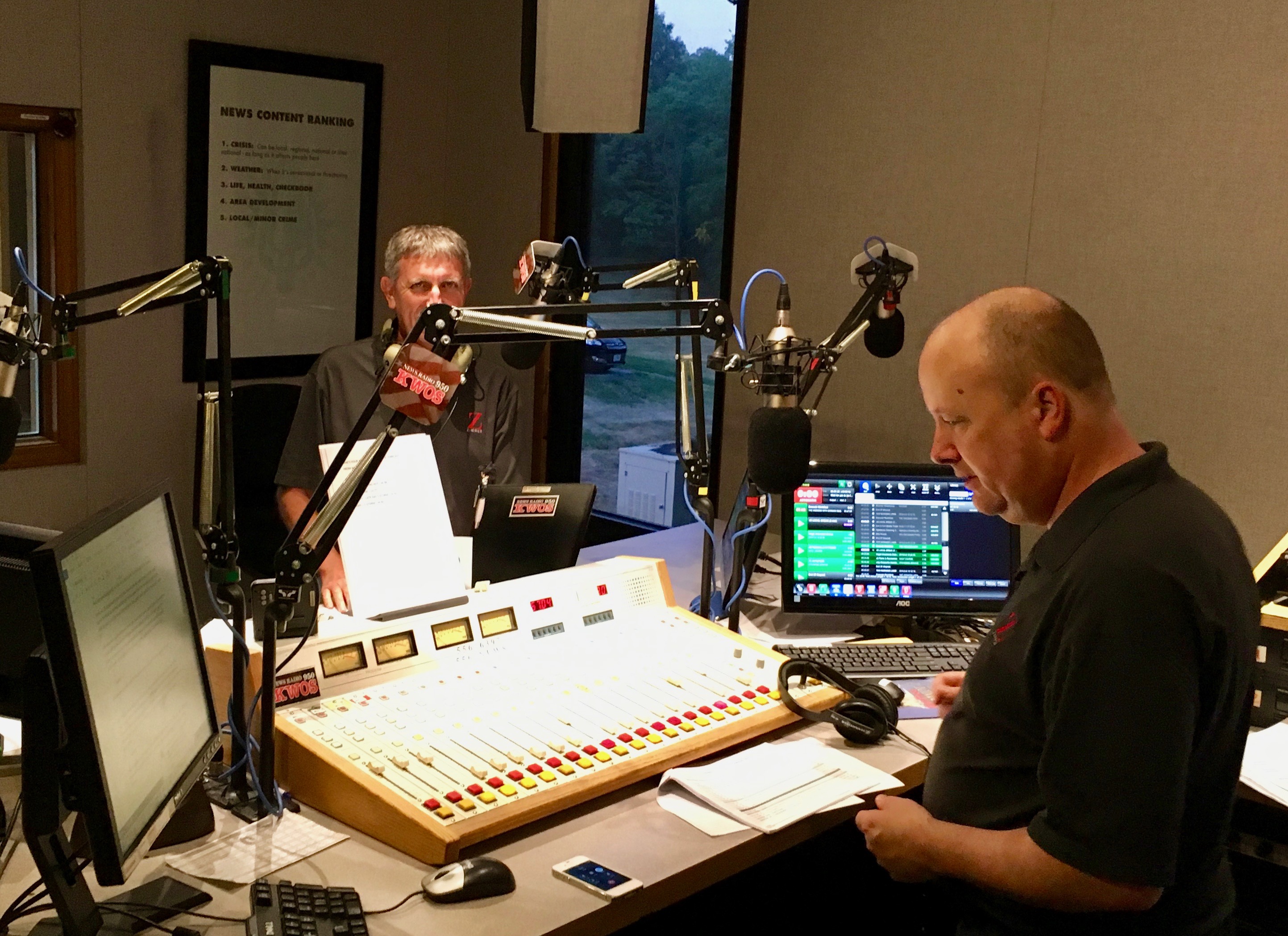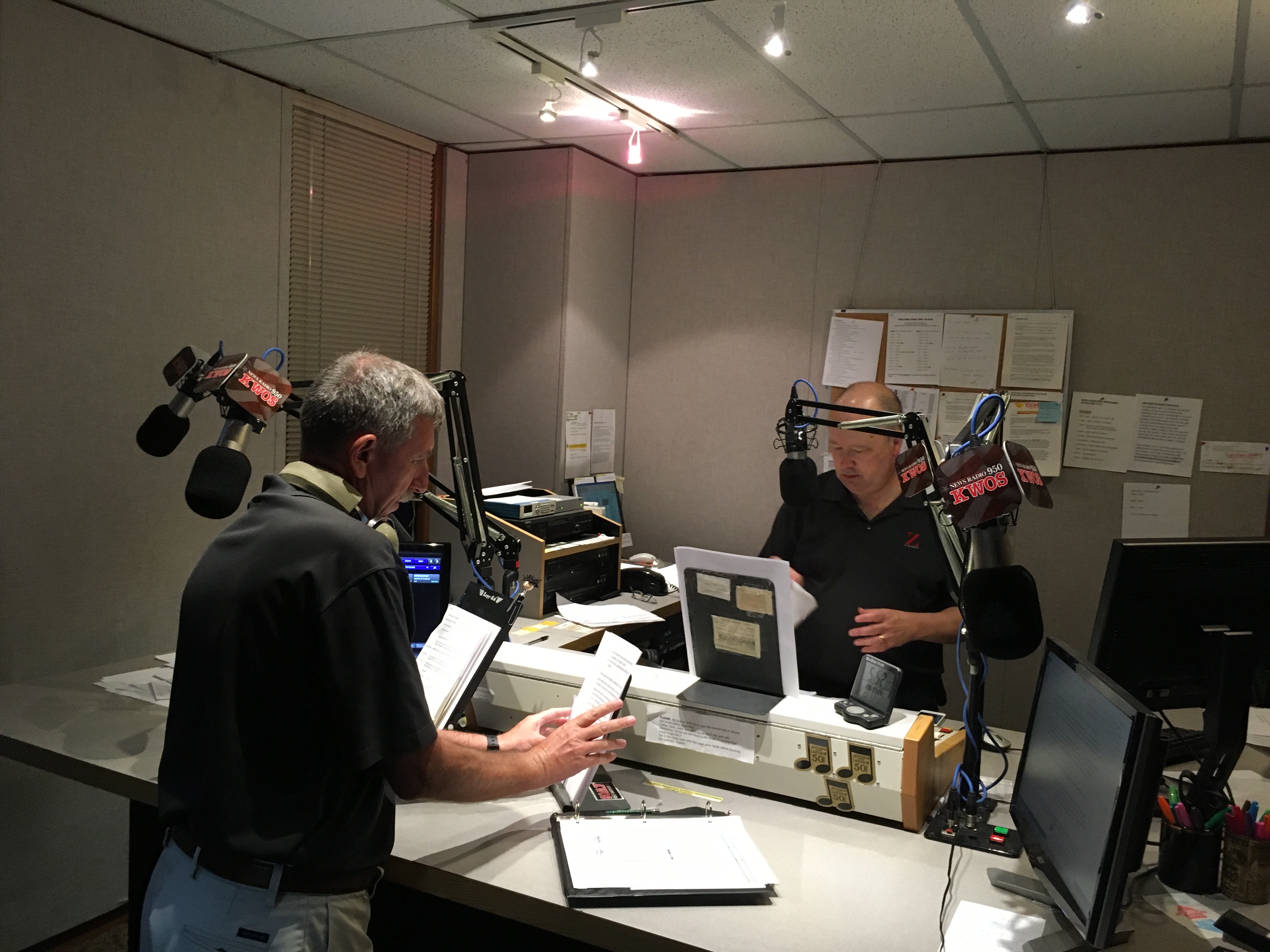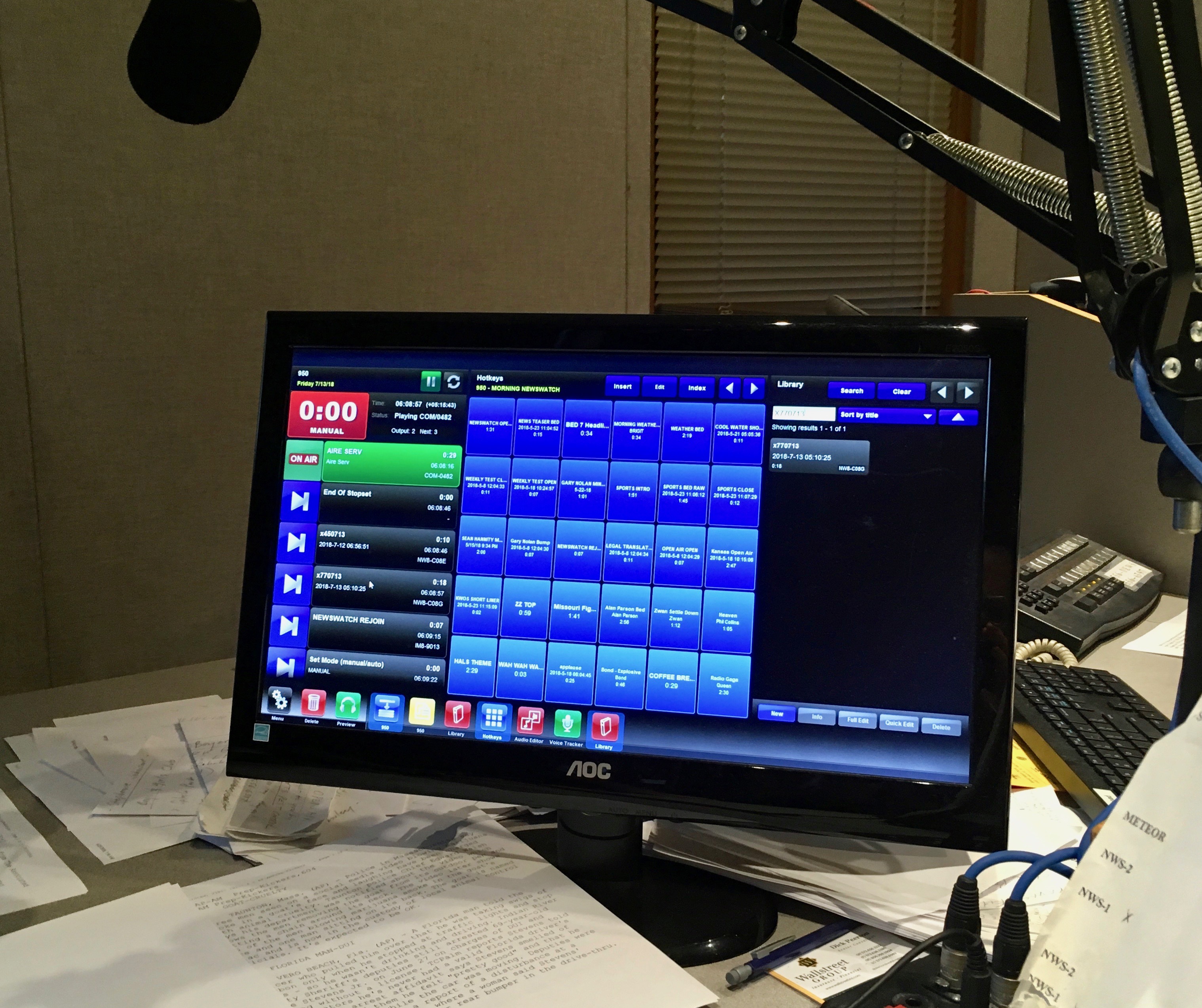Best job (most fun) I ever had was working at my hometown radio station. I think half of the dozen years I worked there were on the morning shift. But it’s been years since I listened to “terrestrial” radio and wondered what it’s like in 2018. So I asked my friend John Marsh if I could sit in a corner of the KWOS studio and watch him (and Dick Aldrich) do the Morning NewsWatch. Very different from 1973. Tightly formatted. All digital and computer controlled.
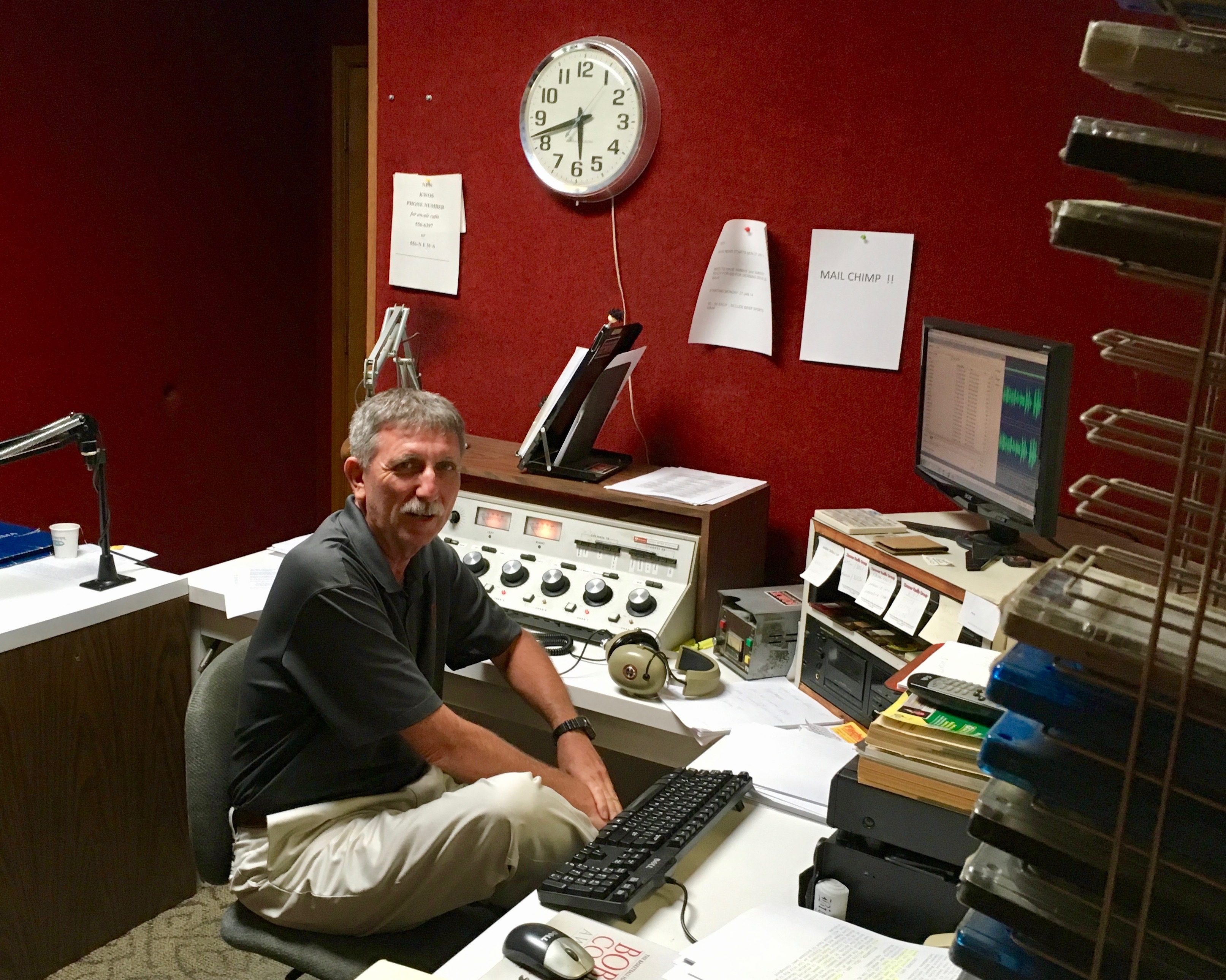
Tag Archives: Radio
Bob Priddy doesn’t do “fake news”
I had the privilege of working with Bob Priddy for 29 years. Last Saturday he was inducted in the the Missouri Broadcasters Association Hall of Fame (along with two others). You can listen to his full remarks here. The clip below runs 2 minutes. [Text of Mr. Priddy’s remarks]
iHeartMedia files for bankruptcy
iHeartMedia, the country’s largest radio broadcaster with around 850 stations and a leading outdoor advertising company, is filing for bankruptcy after spending years trying to manage its $20 billion in outstanding indebtedness. (NPR)
During the 80’s I had a front-row seat as Clear Channel Communications (the name before the cutesy “iHeartMedia”) gobbled up radio stations and gutted them of everything that made them local. Most of the bad guys got rich and got out long ago but I have no illusions about “hometown radio” returning.
Realistic-sounding speech
Just over a year ago Google presented WaveNet, a new deep neural network for generating raw audio waveforms that is capable of producing better and more realistic-sounding speech than existing techniques. It’s gotten a LOT better and is now capable of producing natural sounding human voices.
Google is using it for Google Assistant but hard for an old radio guy like me not to imagine this tech replacing radio announcers (are there still radio announcers?)
Radio stations no longer required to have local studios
Was fortunate to work in radio before “consolidation.” Even small towns might have two or three radio stations, each with different owners and management. After the rules changed, it soon became common for one company to own/operate ALL radio stations and automation (some software on a computer back in the 80s) made it possible to get rid of lots of on-air staff. But to call yourself a “Hooterville radio station,” you had to have a studio in Hooterville. No longer, it seems.
“Stations will still be required to keep a toll-free or local number staffed during normal business hours.”
Where a town once had a radio station with a tower and a transmitter and some DJs and maybe a news guy or two… now has an answering service.
“Because of the rule change, Newsmax Media CEO Christopher Ruddy predicted that “local news production could be moved to places such as New York and Washington as the big networks buy up local stations.”
Truth be told, that’s been happening for a long time. Some of that blood is on my hands but it’s an old story and too long to share. Let’s just say we stretched the definition of “local” to the breaking point. Glad I didn’t miss local radio when it was still local.
Nobody’s listening to news on the radio
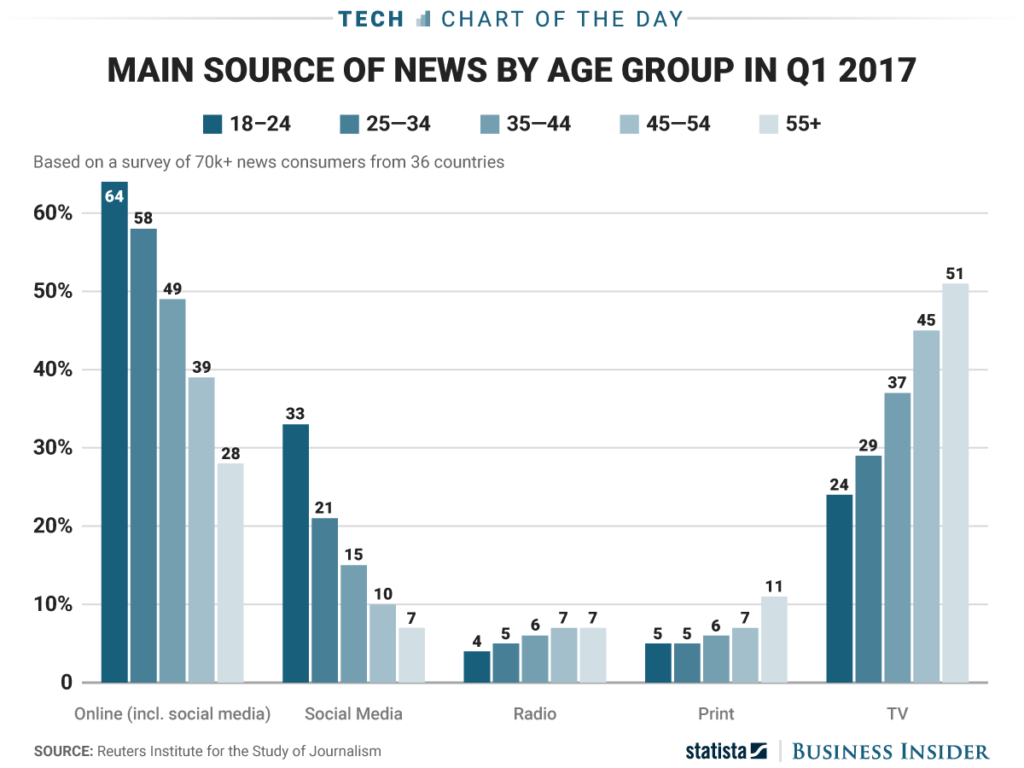
“Digital outlets serve as the main source of news for the majority of those under 35, including 64% of those between the ages of 18 and 24. Meanwhile, TV still reigns supreme for 51% of those over 55.” — Business Insider
Before magnetic recording tape
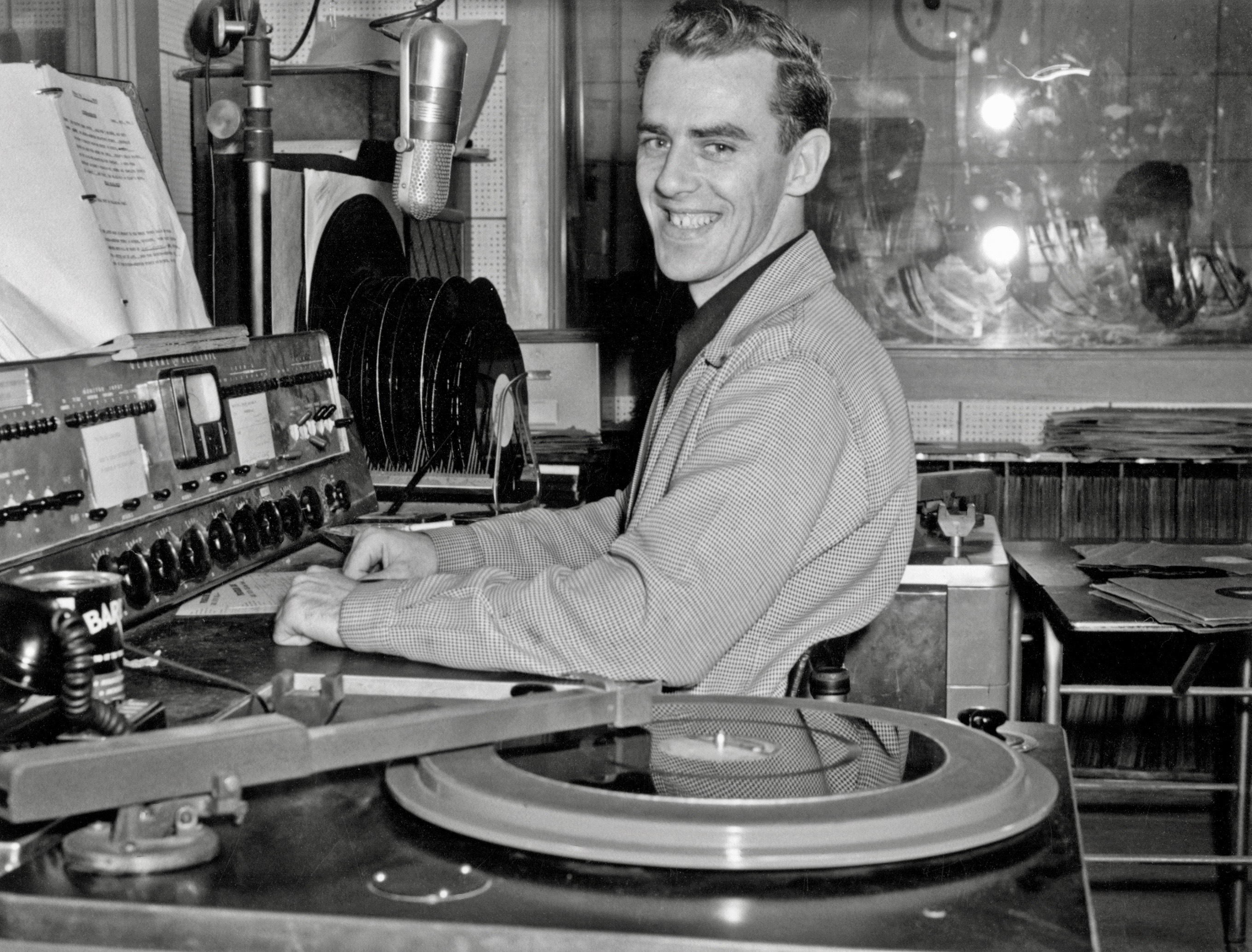
I’m not sure I’ve shared this photo of my old man. I’m blessed with a lot of great pics. It’s clear from this one how much he enjoys what he’s doing. Note the disc on the turntable in the foreground: just one track cut into the center of the disc. Probably a commercial. You can see more of these to the right of the control board. This is before magnetic tape and they “cut” these discs in the adjacent studio. If you fucked up while cutting, you put a piece of cellophane tape over that track and cut another one. I can’t even imagine trying find and cue these while doing a live shift. But the alternative was reading everything live. That would get old fast, for the announcer and the listener. Must have been an exciting time.
“Texas Ed” Pinner (WSLM)
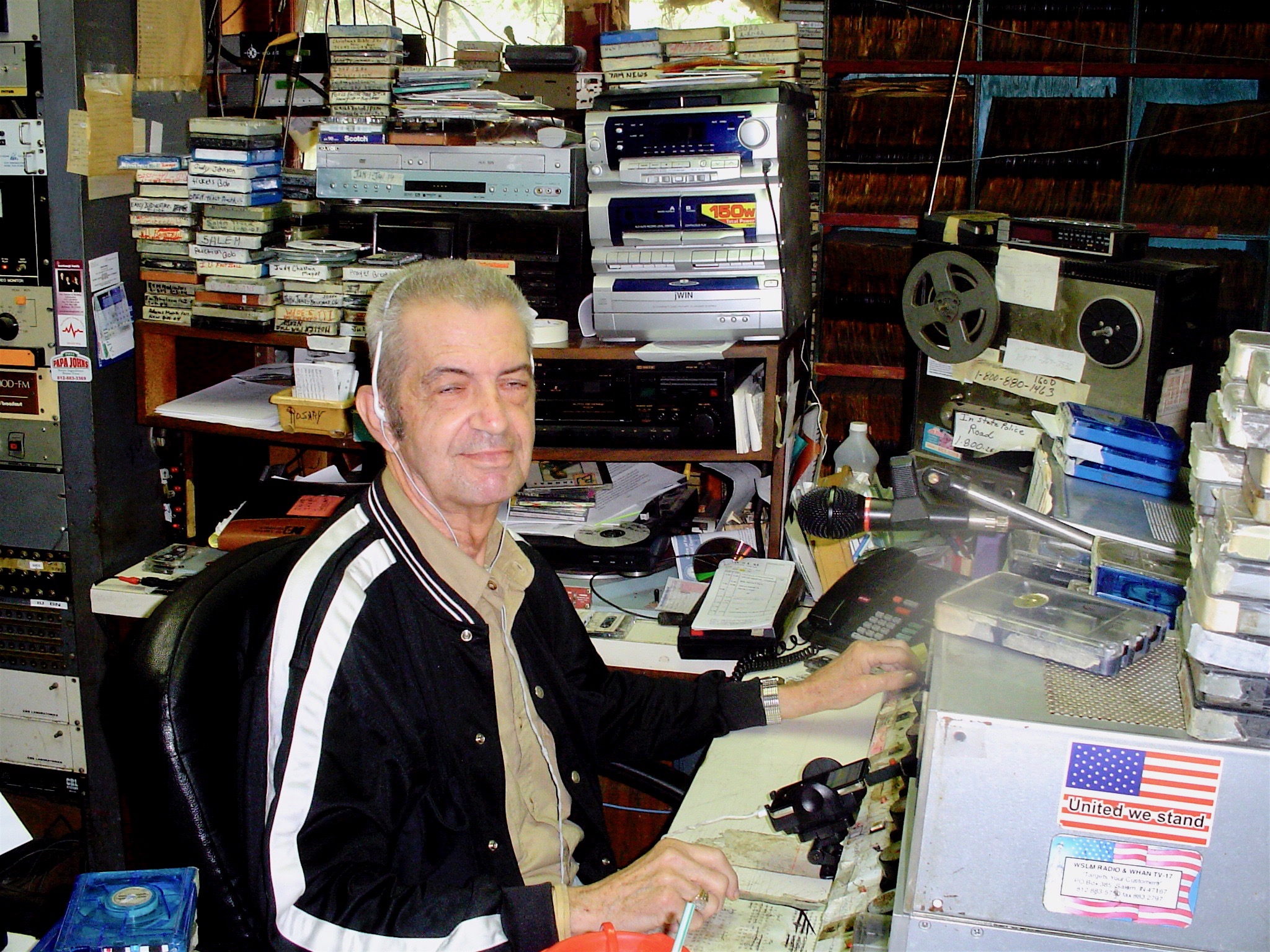
I have a lot of photos of radio folk but this might be my favorite. “Texas Ed” Pinner, WSLM, Salem, IN. There’s all this ancient tech jammed into every corner. Reel-to-reel deck; Fidelipac carts; CD players (alas, I don’t see any turntables) and propped up in front of the controls… almost too small to see… an early iPod. Texas Slip is playing the hits from his iPod. Sigh. (Photo by Mike Cady)
Woman falls out of chair while on the air
Average Salary for Industry: Radio Broadcasting
I left my job at a small town radio station in 1984 (now I’m retired) but I often reflect on what might have been. Had I stayed in “radio.” I had the title of Program Director and was making about $14K in 1984. Whew. More at PayScale.com
